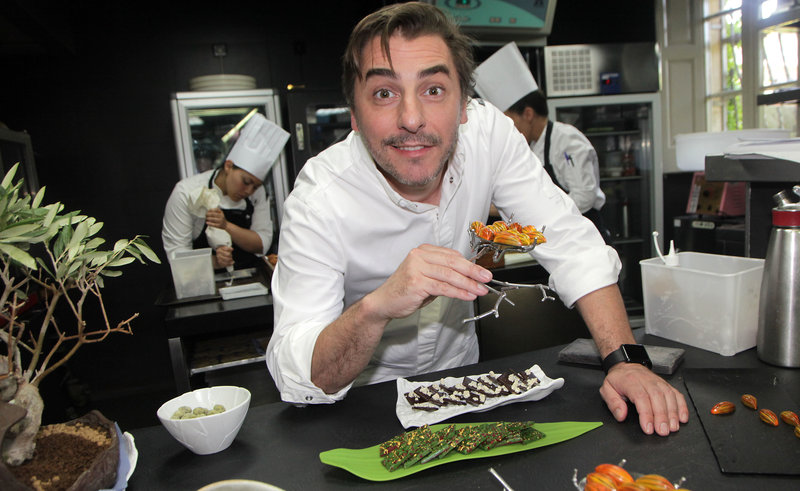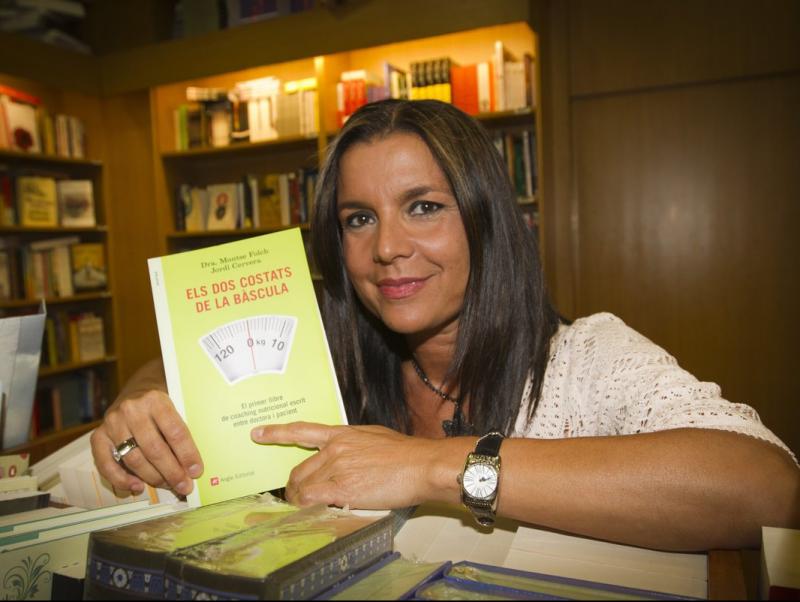Jordi Roca
Best pastry chef in the world (2014)
‘Everything is there to be discovered‘
It’s hard to say whether desserts are cookery or not. Desserts often straddle that threshold between the conceptual and the frivolous, but what is certain is that tHEY can end up making your day
food interview
Search for best chocolate
Jordi Roca’s latest challenge is to find the best cacao in the world. It is an ambitious project, sponsored by the BBVA bank and National Geographic, that will take the form of a documentary and book (jointly written with journalist Ignacio Medina) and will be timed to coincide with the opening of Roca’s new establishment, Casa Cacao (a chocolate workshop, a tasting area and boutique hotel). Roca’s chocolate factory project includes his mentor Damian Allsop and will be run by sister-in-law, Anna Payet. Jordi says the project came about from questions he had, such as “Could we make chocolate?” or “What are the techniques behind making chocolate?” To find the answers to these questions, the pastry chef went to the Amazon and Colombia. In Peru, he had contact with the Aguaruna people, a local tribe that harvests a type of wild cocoa native to the area. “We are in talks to buy the produce directly from them. That way we also contribute to fair trade, even if it ends up being more expensive. The consumer here will know they are contributing to improving the lives of many people,” he says. In fact, profits from the documentary and the book will go to an NGO that works in the area. Jordi Roca’s excitement about the project is clear and he promises it will end up in “extraordinary” chocolate we will be able to taste next year when Casa Cacao opens to the public.
Light at the end of the tunnel
Some eight years ago, Jordi Roca began suffering from cervical dystonia, which affects the movement of his neck and the rest of his vertebrae. Then, two years ago, he lost his voice through a bout of laryngitis, which left him in silence for a long period and still affects his voice. He says that doing the Netflix programme helped him talk about the illnesses that have affected his life so much. A recent trip to a specialist in Toronto has given him new hope: “I was told I could get better with a treatment consisting of a lot walking and exercises to stimulate the muscles of the diaphragm. So now I am focused on recovery as a priority. Jordi is thankful for “the luck” of being part of an “incredible team” and he says that he does not rule out completely recovering his former voice one day.


